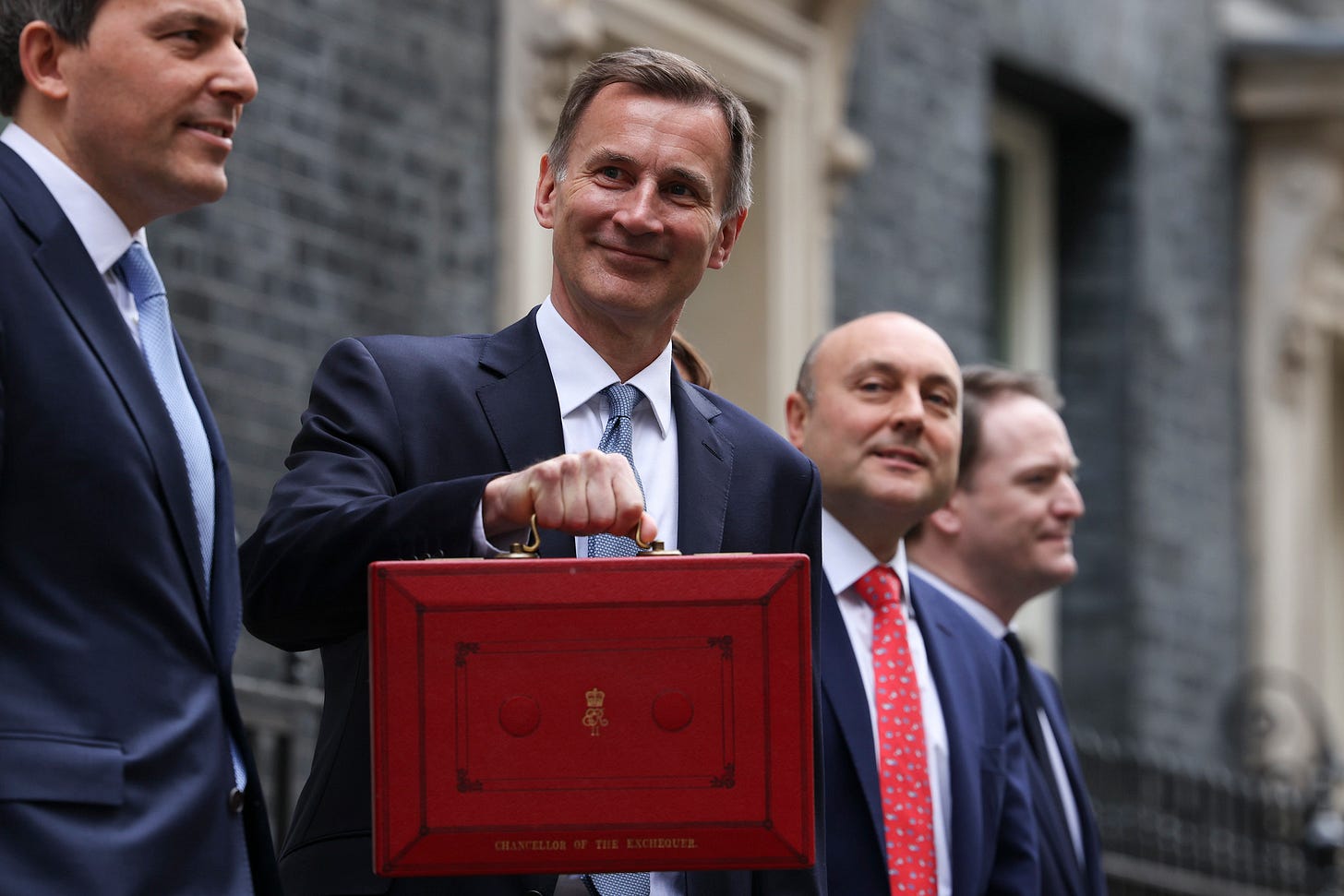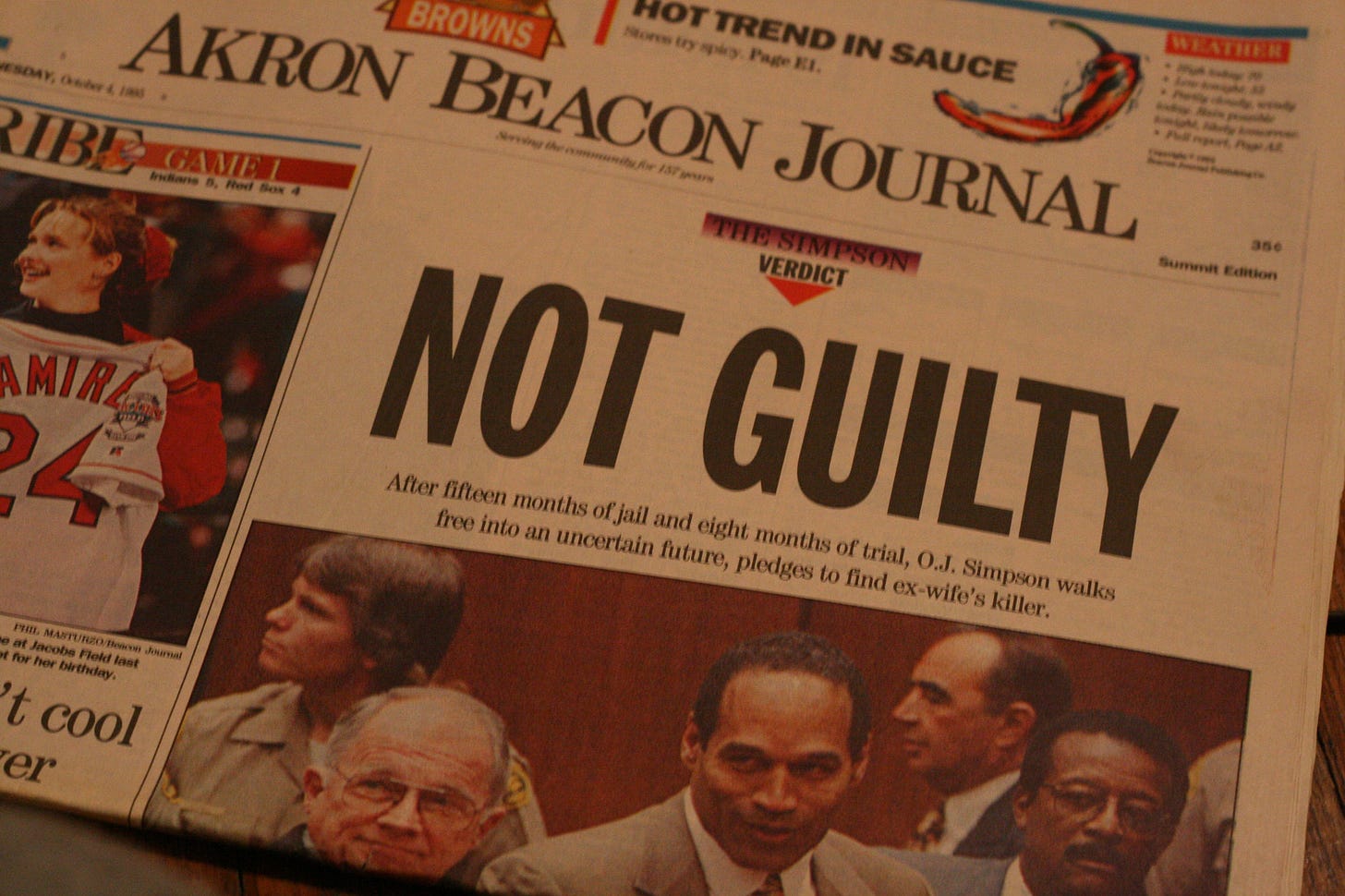Jeremy Hunt on trial
Think spending cuts are easy? Try proposing £20 charges to see a GP
One of the stranger publishing events this century appeared in the form of OJ Simpson’s 2007 book, originally titled ‘If I Did It’. The book offered a hypothetical account of how Simpson would have murdered his ex-wife, Nicole Brown Simpson and her friend Ron Goldman, had he in fact been the real killer.
Intense public criticism and threats of boycotts led to the cancellation of the book’s publication by ReganBooks, a division of HarperCollins. It was, however, later released by the Goldman family under a new title, If I Did It: Confessions of the Killer, in part to satisfy the civil judgement against Simpson, where it went on to become a New York Times bestseller. Which is just about the most American thing I have ever heard.
In a sense — though I accept this may be only in my head — the book has something in common with Jeremy Hunt’s last Budget. Because while Hunt has never been accused of murder, he does share culpability for the UK’s present fiscal bind. Not only as a result of his reckless cuts to national insurance, but also thanks to the spending plans they relied on, which were so implausibly tight as to verge on science fiction.
Of course, following the Tories’ defeat at the 2024 general election, Hunt never had to deliver on them. But a recent report by Policy Exchange, the centre-right think tank, does a neat job of detailing what painful cuts he might have had to make if he was serious about sticking to his plans.
A pox on all your spending plans
Prior to the 2024 general election, then Director of the Institute for Fiscal Studies, Paul Johnson, accused the Tories and Labour of being complicit in a “conspiracy of silence” over their spending plans, warning that the result was that voters would be operating in a “knowledge vacuum”. Johnson is no Cassandra — he was only performing basic arithmetic.
To make the numbers sort of add up, Hunt had pencilled in massive real-terms cuts to investment spending of around £18bn a year by 2030. Meanwhile, the March 2024 Budget assumed that overall day-to-day spending would rise by only 1% a year above inflation, leaving unprotected departments facing cuts of between £10bn and £20bn a year. Good luck with that.





